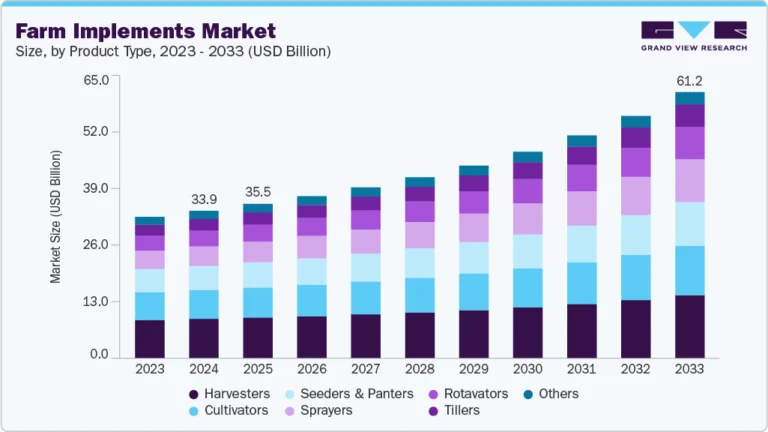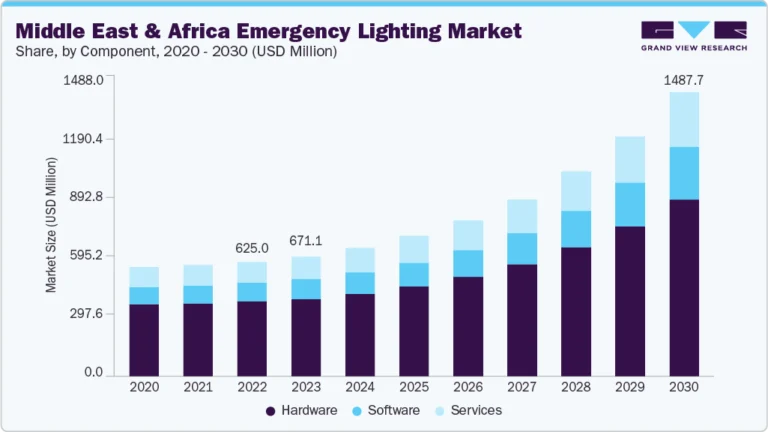Electric Vehicle Battery Thermal Management Systems Market Size, Share & Trends Analysis growing at a CAGR of 32.9% from 2025 to 2030

The global electric vehicle battery thermal management systems market size was estimated at USD 5,419.1 million in 2024 and is projected to reach USD 29,090.4 million by 2030, growing at a CAGR of 32.9% from 2025 to 2030. The substantial growth in popularity and adoption of electric vehicles (EVs) globally has driven the demand for thermal management solutions that can enhance the performance, safety, and lifespan of their batteries.
Key Market Trends & Insights
- In terms of region, Asia Pacific was the largest revenue generating market in 2024.
- Country-wise, Japan is expected to register the highest CAGR from 2025 to 2030.
- In terms of segment, passive accounted for a revenue of USD 5,485.7 million in 2024.
- Active is the most lucrative system type segment registering the fastest growth during the forecast period.
Market Size & Forecast
- 2024 Market Size: USD 5,419.1 Million
- 2030 Projected Market Size: USD 29,090.4 Million
- CAGR (2025-2030): 32.9%
- Asia Pacific: Largest market in 2024
Request a free sample copy or view report summary: https://www.grandviewresearch.com/industry-analysis/electric-vehicle-battery-thermal-management-systems-market/request/rs1
An increase in awareness regarding the environmental benefits of EVs has boosted their production, particularly in emerging economies such as India and China, leading to a corresponding growth in manufacturing advanced battery systems. This has led to significant progress in the EV battery thermal management systems industry.
Electric vehicle batteries, especially lithium-ion batteries, perform optimally within a specific temperature range, which is generally around 68-86°F. A battery thermal management system (BTMS) ensures that the battery temperature stays within this range by cooling or heating the battery as required. This helps maintain consistent energy output levels and charging/discharging efficiency, positively impacting the vehicle’s driving range and performance. With increasing sales of EVs, the need for efficient and reliable battery thermal management systems has risen significantly to ensure that these vehicles perform optimally in all conditions. According to BloombergNEF (BNEF), electric vehicle sales are expected to reach 16.7 million units in 2024, growing from 13.9 million in 2023. Automakers are moving toward increasing the driving range of EVs, resulting in the development of larger and higher-capacity batteries. Such batteries generate more heat during charging and discharging, creating greater thermal management challenges. This has resulted in a strong demand for active and passive BTM systems.





